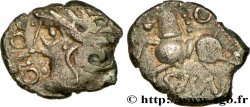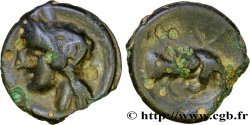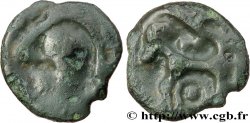v11_2205 - GERMANY - DUCHY OF BRUNSWICK LUNEBOURG - CHARLES WILLIAM FERDINAND 16 Gute Groschen 1792 Brunswick
MONNAIES 11 (2002)
Starting price : 114.34 €
Estimate : 182.94 €
unsold lot
Starting price : 114.34 €
Estimate : 182.94 €
unsold lot
Type : 16 Gute Groschen
Date: 1792
Mint name / Town : Brunswick
Metal : silver
Diameter : 32 mm
Orientation dies : 12 h.
Weight : 13,99 g.
Edge : fleuronnée
Rarity : R1
Coments on the condition:
Superbe exemplaire avec son brillant d’origine. Petite trace d’usure superficielle au centre de l’écu. Deux petites pailles dans le métal au revers
Catalogue references :
Obverse
Obverse legend : (QUINTEFEUILLE) CAROLVS GVIL. FERD. D. G. DVX BRVNSV. ET LVN..
Obverse description : Armes du duché.
Obverse translation : (Charles Guillaume Ferdinand par la grâce de Dieu duc de Brunswick et Lunebourg).
Reverse
Reverse legend : (ROSETTE) XX EINE FEINE MARK CONVENTIONS M..
Reverse description : en légende circulaire ; au centre en six lignes : (rosette) XVI (rosette)/ GVTE/ GROSCH./ +1792+/ M.C./ (fleuron).
Reverse translation : (20 pièces dans un marc de fin - monnaie de convention).







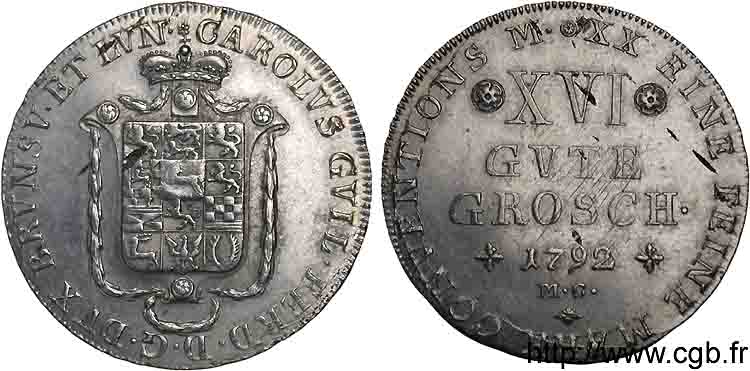
 Report a mistake
Report a mistake Print the page
Print the page Share my selection
Share my selection Ask a question
Ask a question Consign / sell
Consign / sell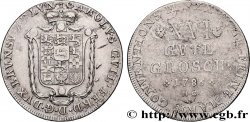
 Full data
Full data
